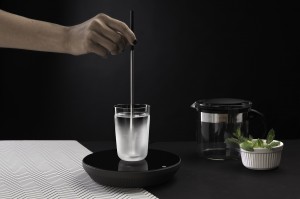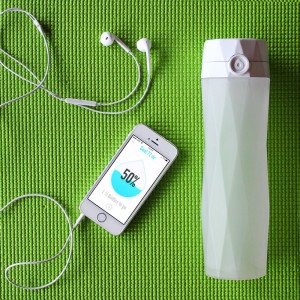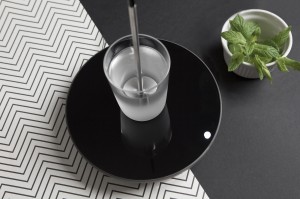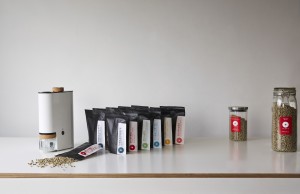Kickstarter Gadgets for the Kitchen
Kickstarter products are making a splash in the media and garnering buzz among consumers despite the fact that the products featured are only ideas that have not yet gone into mass production and are many times only in the pre-order stages – if you’re lucky. It is a unique concept especially when you consider that prior to Kickstarter, regular consumers never had such an in-depth glimpse of products in the pre-production stages.
If you’re not familiar with Kickstarter yet, here is your crash course. Kickstarter is a popular crowdfunding resource that is currently helping to facilitate the introduction of many new products, including innovative kitchenwares, to consumers during the prototype stage of product development. It allows people to launch online project campaigns in order to raise the funds needed to make ideas go from concept to reality.
Project creators can set a deadline and funding goal, then it is up to supporters of the idea to provide the initial funding to get the product to the next step toward the market. Crowdfunding websites allow the creators to outline a business plan and define exactly what contributors can expect for their funding. In the case of Kickstarter, if a project does not reach its full funding goal, the backer who made the pledge will not be charged.
To date, 44 percent of projects on Kickstarter have reached their funding goals. Some kitchenwares that have been successfully funded include the Anova sous vide circulator; the Coolest Cooler, a portable cooler with a built in blender, removable Bluetooth speakers, a waterproof USB charger, and LED lights embedded into the inside lid of the cooler; GIR spatulas and the Belle-V Ice Cream Scoop.
One gadget currently garnering funding on Kickstarter is HidrateMe, a smart water bottle that works with an app to track the user’s water intake. The 24-ounce reusable bottle has a sensor stick inside that automatically tracks how much water is consumed throughout the day. It sends information to the free Hidrate app on your phone and glows when its time to drink more water.
The project started with a funding goal of $35,000 and as of print date had already surpassed the goal with $201,205 pledged. The project funding window will close in early July.
Another hydration project currently making waves on Kickstarter is an induction kettle called MIITO. MIITO works by only heating as much water as needed in any vessel through an induction base and a stainless steel rod. Users simple place the desired vessel, like a teacup or mug, on the induction base and then place the steel rod directly in the cup. MIITO heats the rod inside the water until you have a nice hot cup of tea. It also works with milk for hot chocolate and can warm a cold cup of coffee or a bowl of soup.
MIITO is based on induction, which is essentially the wireless transfer of energy. MIITO’s bottom base creates an electromagnetic field, which heats only ferrous materials, in this case the disc attached to the bottom of the rod. When the rod is placed inside a vessel filled with a liquid, the disc heats up and transfers the heat directly to the liquid, meaning only the liquid is heated. MIITO’s design is safe for children since the top of the base always stays cold.
The project started with a funding goal of $167,383, or £150,000, and has reached $726,034 as of print date. The funding stretch ended on June 13.
IKAWA is a home coffee roaster that is also worth mentioning, as it has recently surpassed its funding goal as well. The digital micro-roaster allows coffee enthusiasts to roast their own coffee at home and control the roast recipe through an app. Users simply select the roast recipe from their smartphone, drop the beans into the roaster and watch them roast. The whole process only takes between three and 10 minutes. Recipes can also be adjusted for users who are a bit more adventurous, or created from scratch.
The company has already been supplying its micro-roasters to coffee professionals, and the Kickstarter campaign will allow the home version to reach consumer markets. To complement the machine, IKAWA has been working with coffee producers to source quality green coffee beans from origins such as Burundi, Ethiopia, Brazil and Guatemala. The company will sell its own green beans, but the machine will work with any that the user has on hand.
IKAWA has just surpassed it’s funding goal of about $90,000, or £80,000, as of this print date, ultimately receiving about $178,200, or £158,019, from 366 backers. Pre-orders will be fulfilled in February 2016.
This story was originally published in the July 2015 issue of Kitchenware News, a publication of Oser Communications Group.





You must be logged in to post a comment.